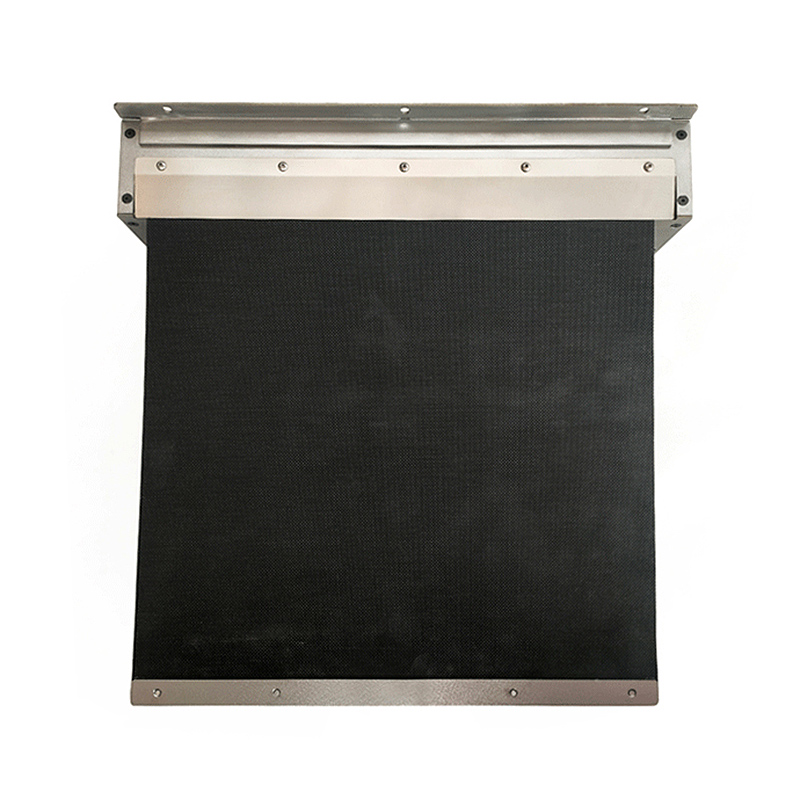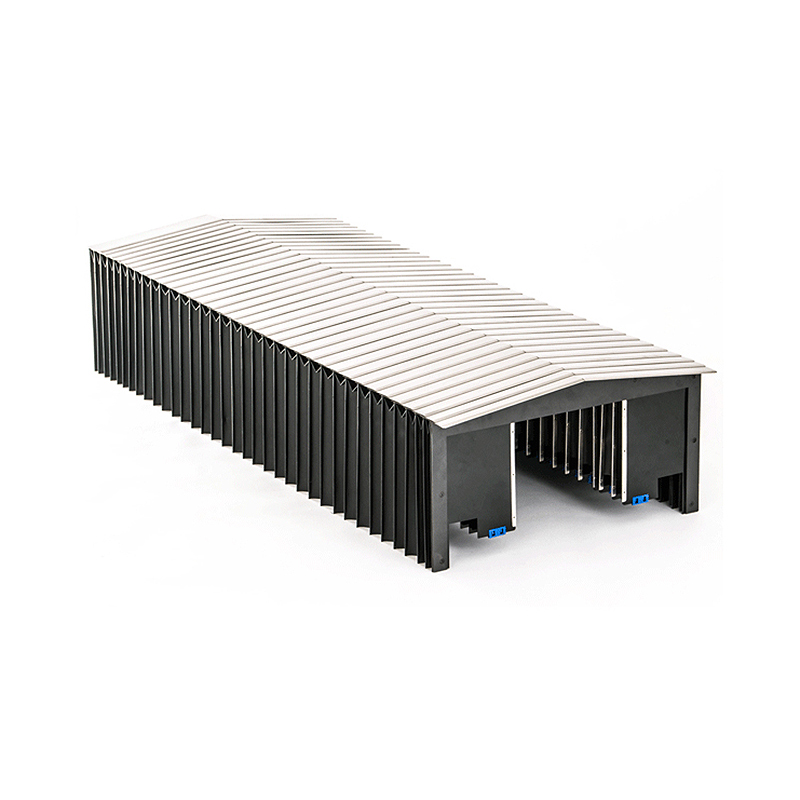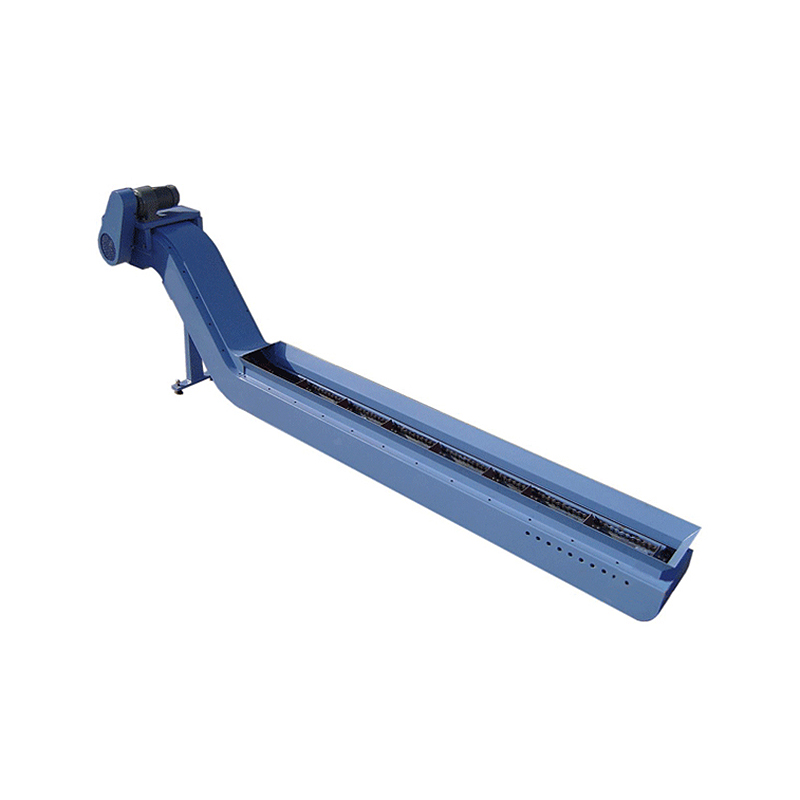2022 New Style Cable And Hose Carriers - ZF56D Double- row Full-closed type Load Bearing Plastic Cable Drag Chain – JINAO
2022 New Style Cable And Hose Carriers - ZF56D Double- row Full-closed type Load Bearing Plastic Cable Drag Chain – JINAO Detail:
Structure
Cable carriers have a rectangular cross section, inside which the cables lie. Cross bars along the length of the carrier can be opened from the outside, so that cables can be easily inserted and plugs connected. Internal separators in the carrier separate the cables. Cables can also be held in place with an integrated strain relief. Mounting brackets fix the ends of the carrier to the machine.
Besides only bending in one plane due to the rigid jointed structure, cable carriers also often only permit bending in one direction. In combination with rigid mounting of the ends of the carrier, this can entirely prevent the enclosed cables from flopping in undesired directions and becoming tangled or crushed.
Variants
Today cable carriers are available in many different styles, sizes, prices and performance ranges. Some of the following variants are:
● open
● closed (protection from dirt and debris, such as wood chips or metal shavings)
● low noise
● clean room compliant (minimal wear)
● multi-axis movement
● high load resistant
● chemical, water and temperature resistant
Other Details
Drag chains are simple guides that are used to encompass (protective) different types of hoses and cables
A drag chain helps to minimize the wear and tear on the hose or cable it protects, while also helping to ease the degree of the tangle that can sometimes occur with extended lengths of hose. As such, the chain can also be seen as a safety device
Model Table
| Model | Inner H*W(A) | Outer H | Outer W | Style | Bending Radius | Pitch | Unsupported length |
| ZF 56x 100D | 56×100 | 94 | 2A+63 | Totally enclosedTop and bottom lids can be opened | 125. 150. 200. 250. 300 | 90 | 3.8m |
| ZF 56x 150D | 56×150 |
Structure Diagram
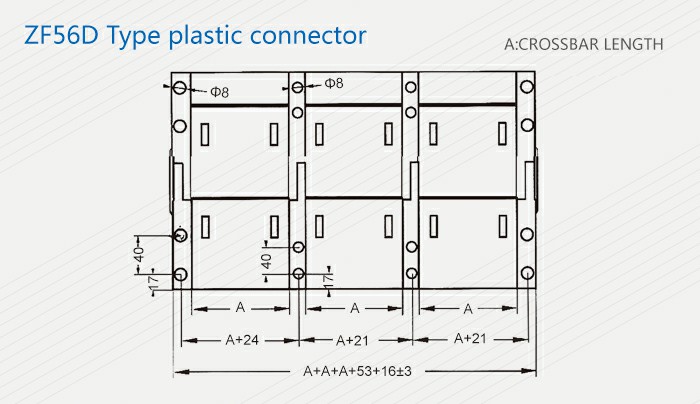
Application
Cable drag chains can be used in a variety of applications, wherever there are moving cables or hoses. there are so many applications include; machine tools, process and automation machinery, vehicle transporters, vehicle washing systems and cranes. Cable drag chains come in an extremely large variety of sizes.
Product detail pictures:
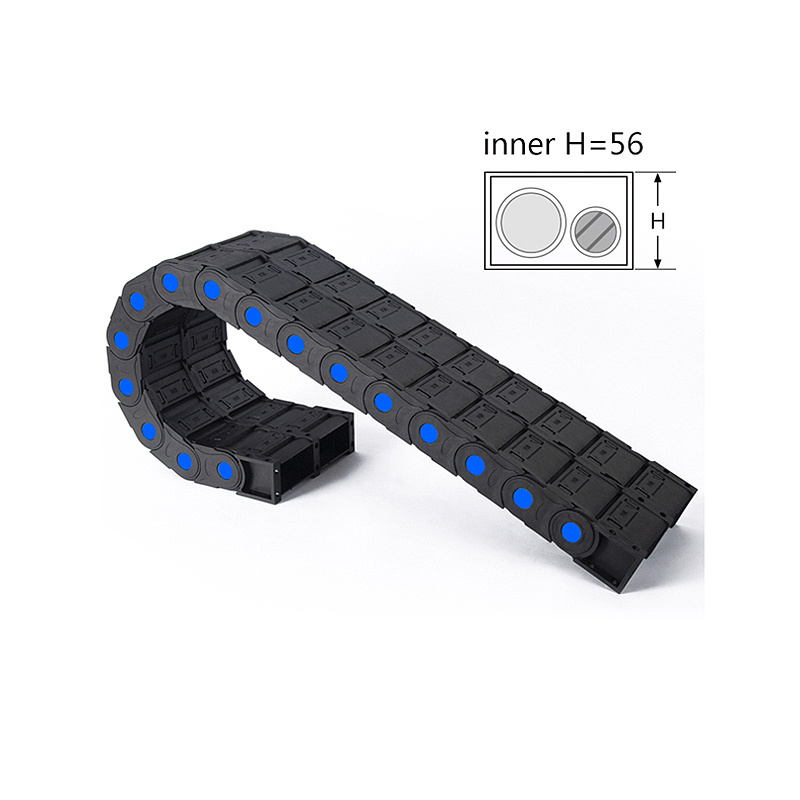
Related Product Guide:
We not only will try our best to offer excellent services to every customer, but also are ready to receive any suggestion offered by our customers for 2022 New Style Cable And Hose Carriers - ZF56D Double- row Full-closed type Load Bearing Plastic Cable Drag Chain – JINAO , The product will supply to all over the world, such as: United States, Chicago, Curacao, It is our customers' satisfaction over our products and services that always inspires us to do better in this business. We build mutually beneficial relationship with our clients by giving them large selection of premium car parts at marked down prices. We provide wholesale prices on all our quality parts so you are guaranteed greater savings.
A good manufacturers, we have cooperated twice, good quality and good service attitude.



